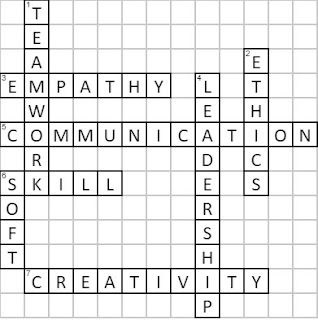Employers posting advertisements to recruit new employees will often list job related skills that candidates must have. For a job in the tech industry, you may need to know certain programming languages, such as Python or JavaScript. Doctors, architects, chefs, bookkeepers, office managers, market researchers, translators, carpenters, hair stylists, Xray technicians, plumbers; these careers all have specialized skillsets that are necessary for employment. These requirements are known as “hard skills” and are attained through coursework, internships, or previous employment.
If you want to become a teacher, of course you must know your subject matter, but there are other skills necessary for career success as an educator.
There are many types of careers available in agriculture. This list of agriculture careers includes information about employment requirements. For any of those jobs, you will want to be sure you also have these additional skills.
Just look at this list of top skills needed in the hospitality field.
Today’s employers are also looking for so-called “soft skills” in hiring future employees. Soft skills include being able to communicate clearly and work as part of a team, ability to think critically and solve problems, managing your time and resources wisely, and being flexible, dependable, and accountable.
While you can learn about many soft skills through coursework or by watching YouTube, it’s very helpful to practice them in your daily life. Soft skills are not only important in your job, but they will make your professional and personal interactions with other people more successful as well.




















